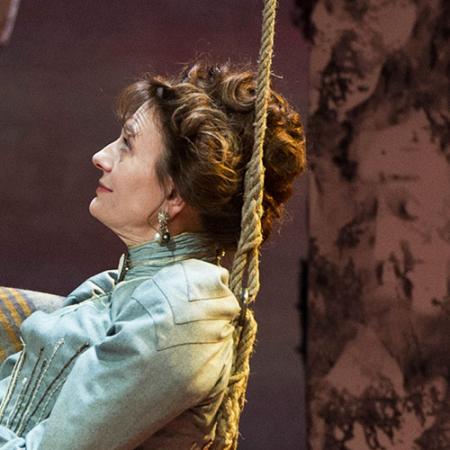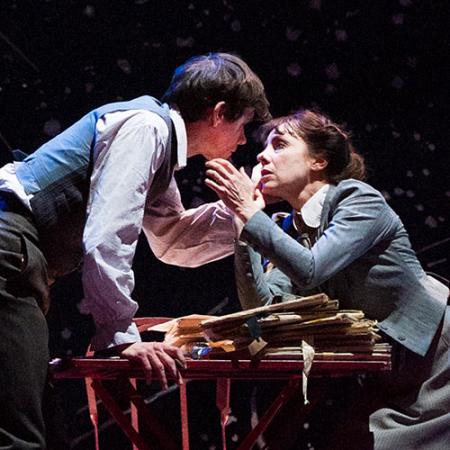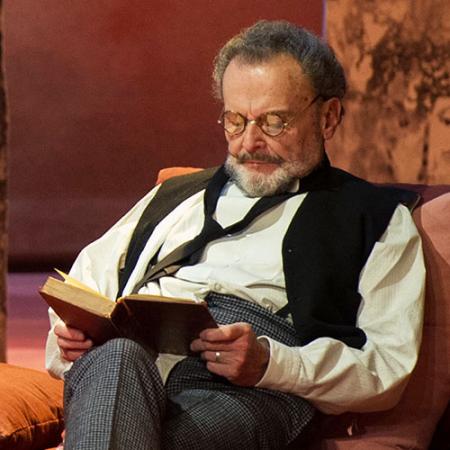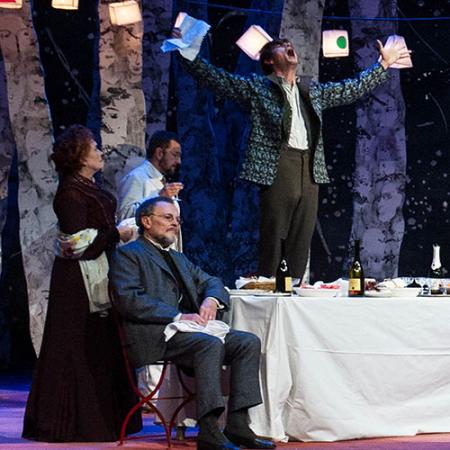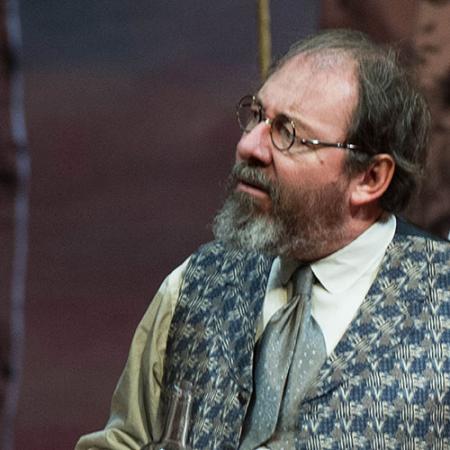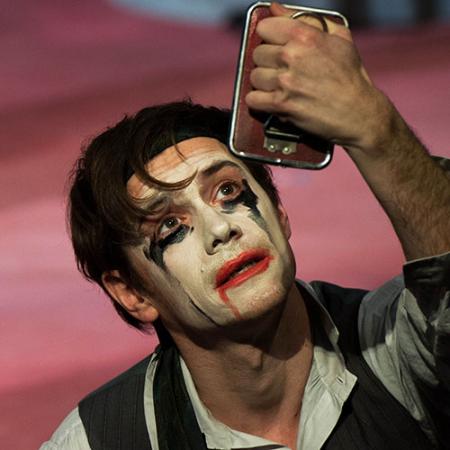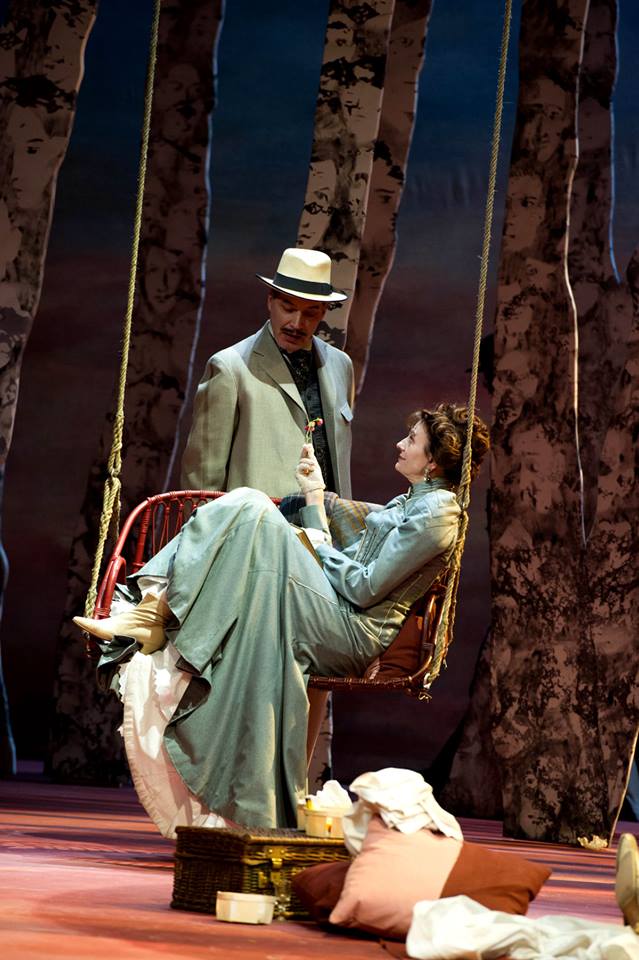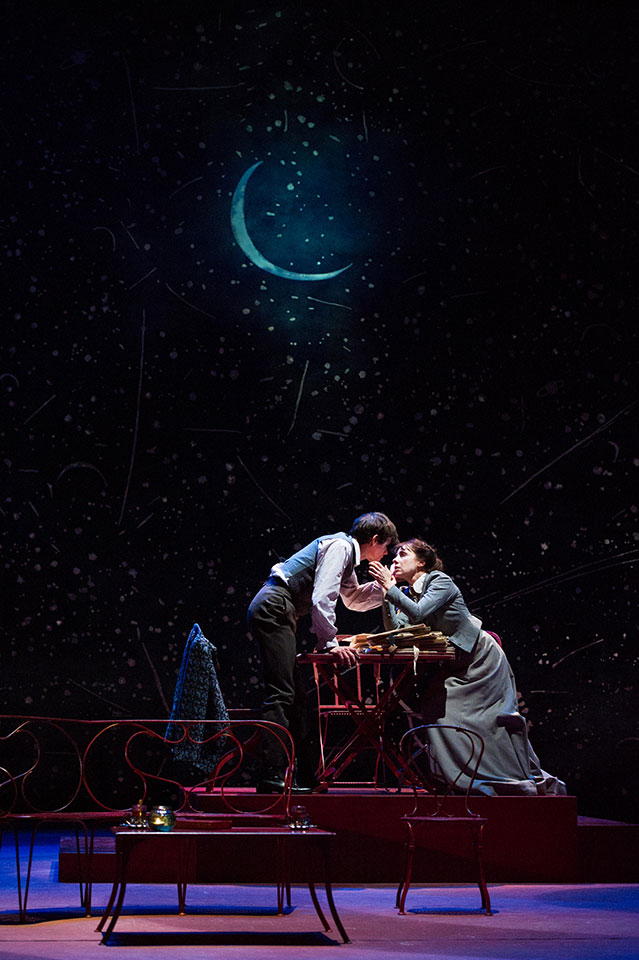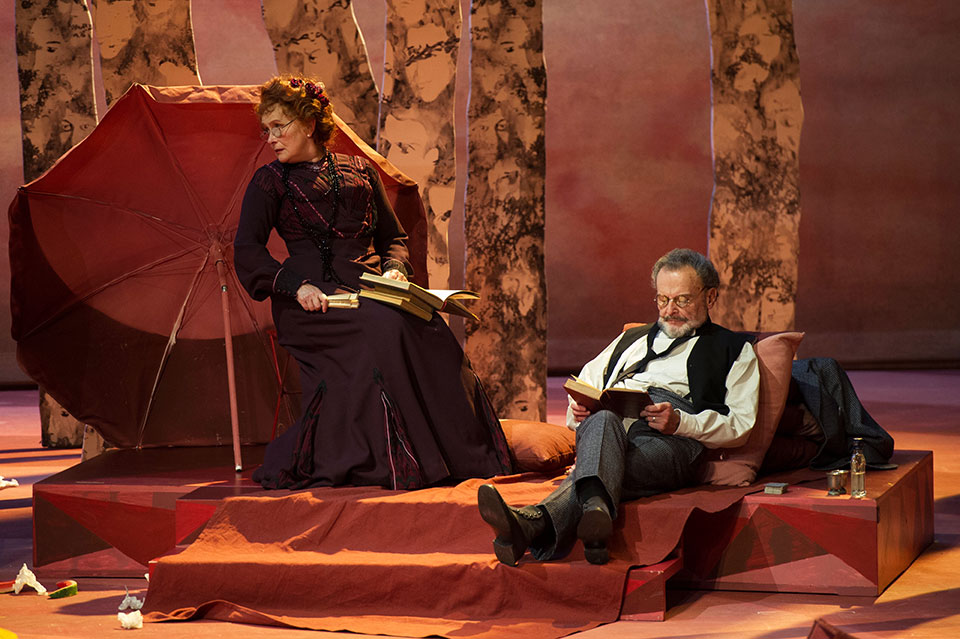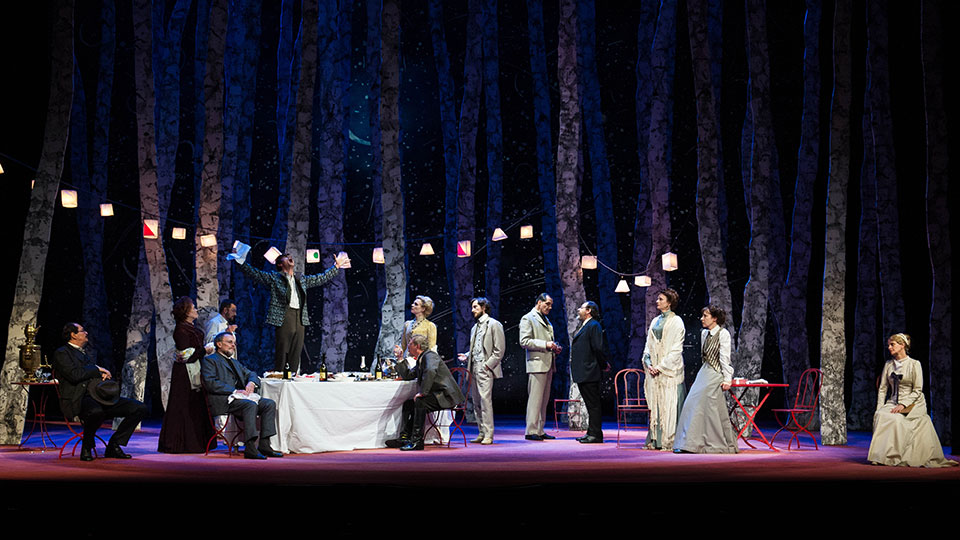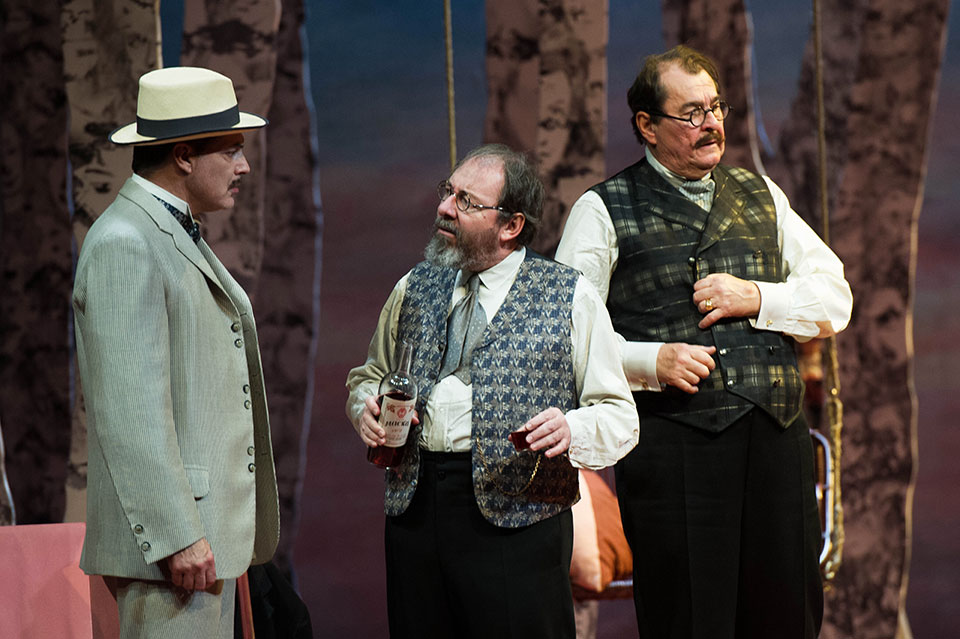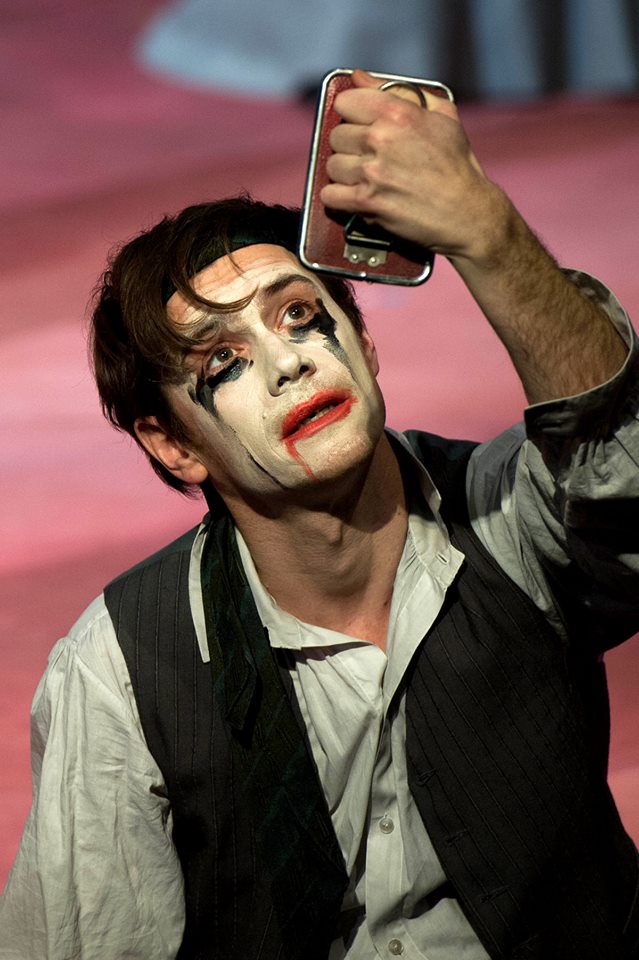Les Estivants
The Summer Folk
by Maxime Gorki
Directed by Gérard Desarthe
Richelieu
Richelieu
Les Estivants
2015-02-07 00:00:00 2015-05-25 00:00:00
Like every summer, Bassov and his wife Varvara join their friends at a seaside dacha.
Here, withdrawn from the world, fifteen idle individuals gather, spending their days discussing love, death, art or revolution. But two new characters, a committed intellectual, Maria Lvovna, and a poet short of inspiration, Shalimov, will upset the harmony among the holidaymakers, forcing each to take a stand. After two months of holidays, far from the city and its attention to appearances, tongues loosen, resentment surfaces and veiled conflicts come to the fore. Living in a twilight world, on the threshold of a new era, these summerfolk reveal their naked truth in the tension of an existence in the making.
Maxime Gorki, the author
From 1900 onwards, Maxim Gorky (1868-1936) hardened his stance in opposition to the Tsarist regime. During this time, the Russian author dedicated himself to writing politically engaged plays, includingThe Lower Depths (1902), which was a huge success not only in Europe but also in the United States. Encouraged by Chekhov to continue writing for the theatre, in 1904 he decided to address the theme of the holiday resort in a four-act drama. In Summerfolk, Gorky portrayed the daily life of an intelligentsia drawn from the people that has cut itself off from the realities of a society battered by history. Distancing himself from the problem play and the turn of the century symbolist theatre in Russia, Gorky provokes the audience, forces it to react and to decipher a meaning in this society detached from any resignation.
Gérard Desarthe, the director
Gérard Desarthe is an actor and director. He has performed in many productions directed by Patrice Chéreau (Molière award for best actor in Hamlet), André Engel, Roger Planchon, Giorgio Strehler, Jean-Luc Boutté and Luc Bondy. Since 1986, he has directed Tristan L’Hermite’sLa Mariane, Corneille’s Le Cid, Claudel’s The Break of Noon, Alain-René Lesage’s Turcaret and David Harrower’s Blackbird. In the cinema, he has worked with the directors Marguerite Duras, Michel Deville and Bertrand Tavernier. After the introduction of Summerfolk into the repertoire in 1983, in an adaptation by Michel Vinaver and a staging by Jacques Lassalle, Gérard Desarthe is now bringing this great Russian text to the stage of the Salle Richelieu, in the adaptation by Peter Stein and Botho Strauss originally commissioned for the Schaubühne.
2:50 WITH AN INTERMISSION

Creative team
Mise en scène : Gérard Desarthe
Assistant à la mise en scène : Jacques Connort
Dramaturge : Jean Badin
Scénographie : Lucio Fanti
Assistante du scénographe : Clémence Kazémi
Costumes : Delphine Brouard
Lumières : Michel Beuchat
Réalisation sonore : Jean-Luc Ristord
Maquillages : Suzanne Pisteur
Assistantes aux maquillages : Laurence Aué
Interprétation des extraits musicaux (Nostalghia et À celui qui a vu l'ange de François Couturier) : François Couturier, Jean-Marc Larché, Anja Lechner et Lean-Louis Matinier
Interprétation au piano d'extraits de musiques de Chopin, Moussorgski et Tchaïkovski : Vincent Leterme
Distribution
the company
-
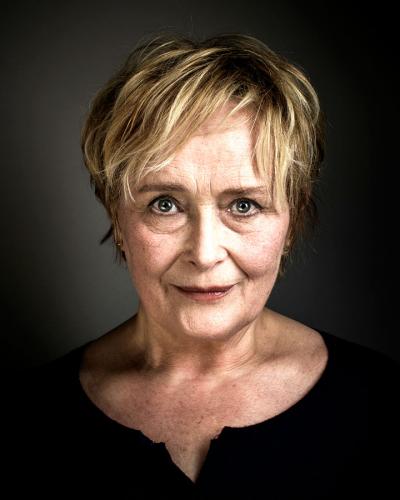
Martine
ChevallierOlga Alexéevna – femme de Doudakov
-
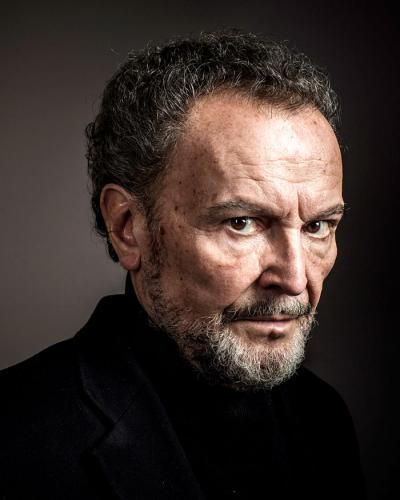
-
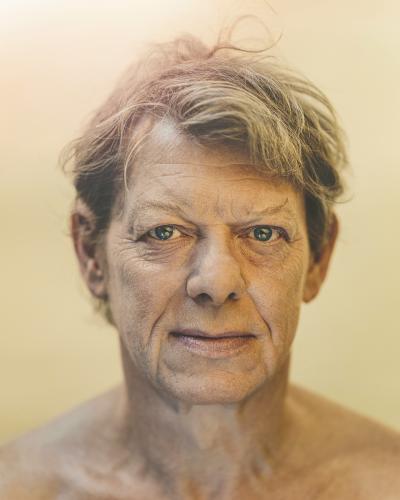
-
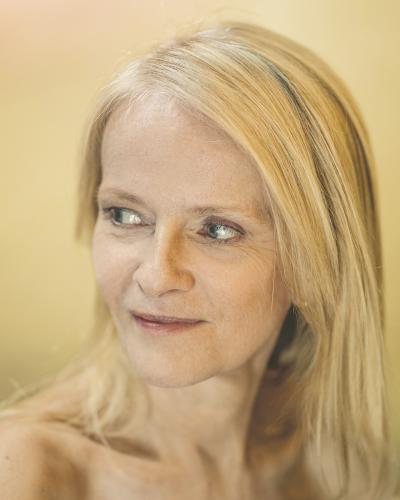
-
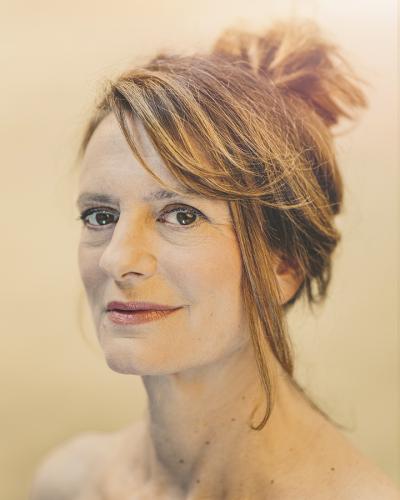
-
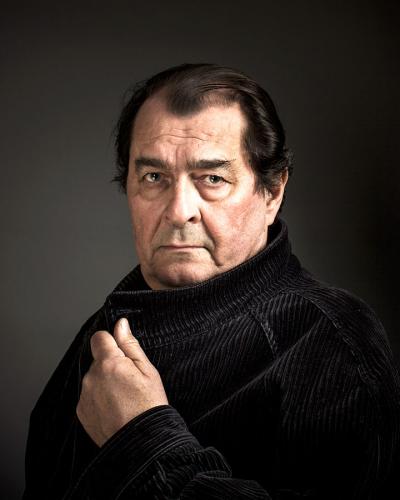
-
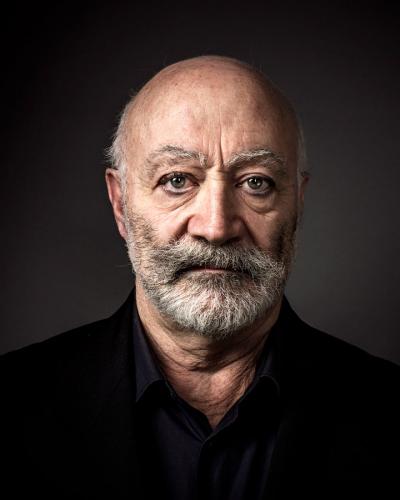
-
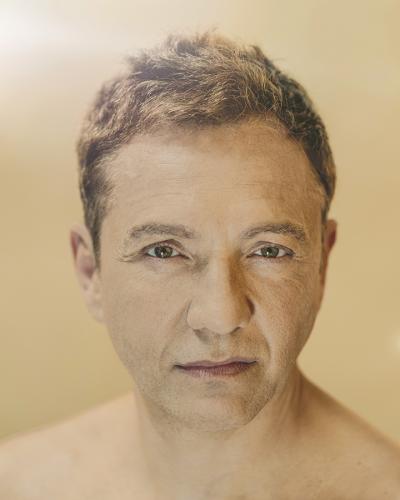
-
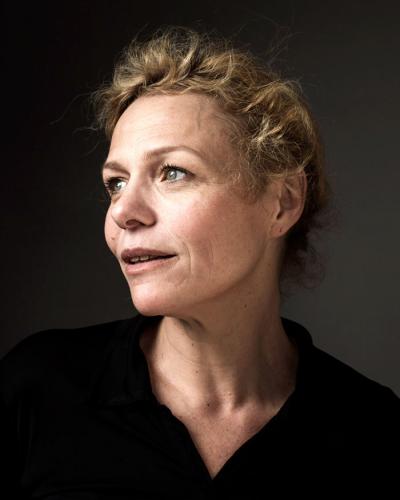
-
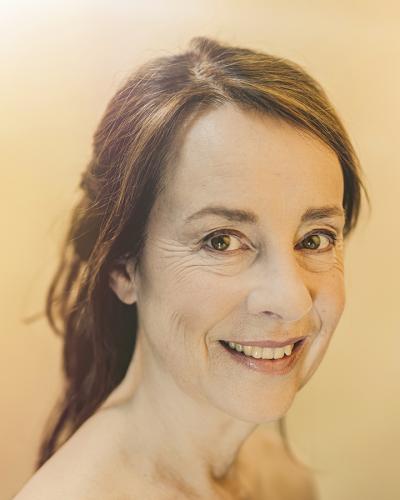
-
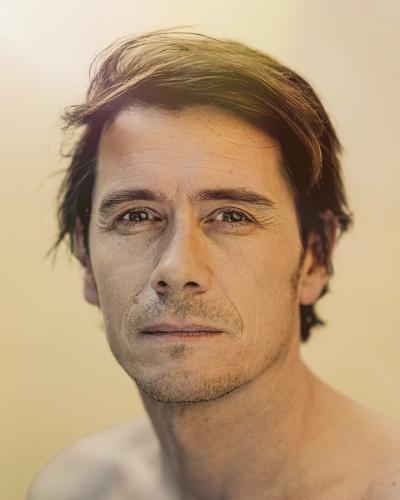
-
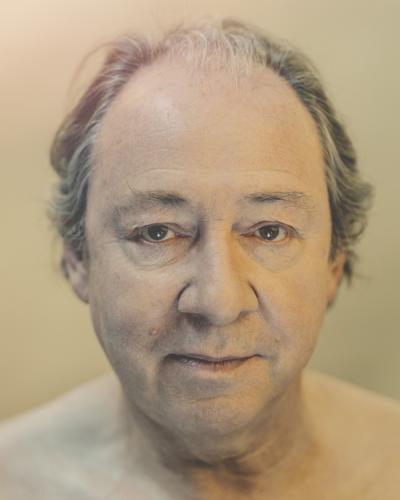
-
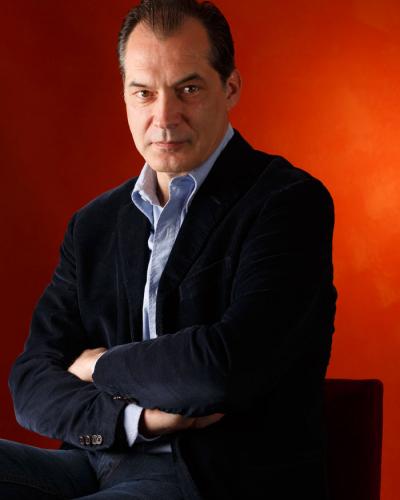
Samuel
LabartheChalimov, Yakov Petrovitch – écrivain
-

Pierre
HancisseZamyslov, Nicolas Petrovitch – adjoint de Bassov
and
Jacques Connort: Kropilkine – gardien
L’Arche est éditeur et agent théâtral du texte représenté
